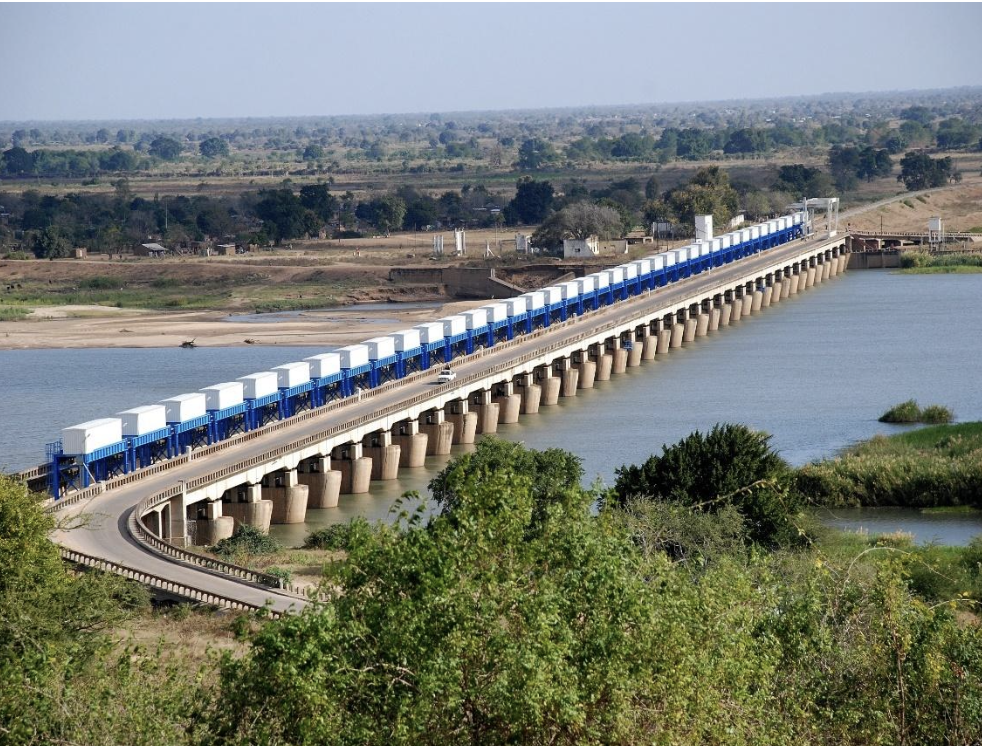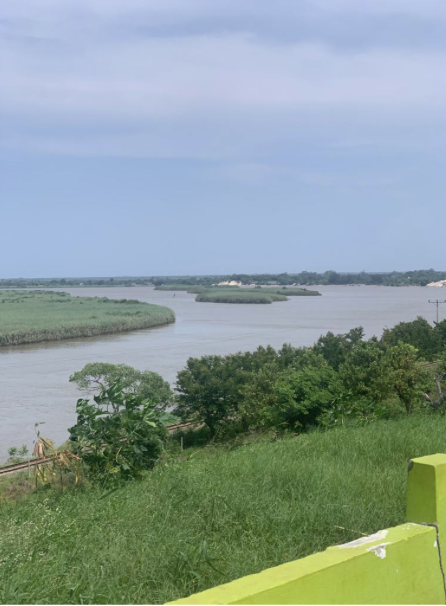Transparency in Water? The Invisibility of Africa’s Commons.
By Tete, Doctoral Researcher in Human Geography.
Barragem de Macarretane, Mozambique (MOPHRH, 2022)
Water has the luxury of transparency and dignity, yet bears the burden of being unseeable. Its invisible property extends to the unseeable intricacies of its provision and politics. Water expert Dr Raul Pacheco-Vega commonly refers to water management (and other public resources) as an “out of sight, out of mind” 'commons'.
At a time of high living costs, looking beyond the celebratory headlines (many times rightfully so) that encourage deference from the public is critical. This structural expectation has facilitated the exploitation of African human rights and therefore quality of life. The focus is centred on the delivery and projects, idling the composition that outline the daily lived experiences of the African public. The public’s curiosity is only sparked when a crisis hits .
Whereas energy predominantly enjoys the economic spotlight. As the demand for water increases due to supply constraints, it significantly drives retail and production prices up. For nations to meet their water demands public private partnerships have become preferable, rising inflation prices and the cost of living. This emerging trend tests the 2010 adoption of water as a basic human right and how it serves the public.
Residential municipal tap water Maputo (Nov 2022) Courtesy of Self
Southern Africa’s economic Jewel Johannesburg and the province of Gauteng has been left with dry taps since October partly due to irregularities by the energy utility ESKOM which have left the country in a constant load shedding plan. Additionally, factors such as poor infrastructure (41% of water loss is attributed to leakage), budget cuts, rapid urbanisation and institutional failures have contributed to what Dr Anja du Plessis has termed a “perfect storm” converging to become a hurricane.
Leaking water pumps in Maputo (Oct 2022) Courtesy of Self
Many parts of Southern Africa are undergoing similar water supply challenges that are a culmination of factors involving governance and geography issues. The hydroelectric Kariba dam in Zimbabwe and Dar es Salaam city in Tanzania have experienced water shortages in major utility supplying rivers. Water and energy supply to households have been interrupted, in the latter case forecasted to last until January.
Parts of Mozambique are provisioned to have floods with many households facing the possibility of being dislocated from their homes. Whereas weather plays a major role in many situations, similar to South Africa structural mechanisms play a significant role in the common provision opportunities.
Southern African states largely govern water using public and/or private multi-level structures. The utilities that manage the supply of water are either nationally or municipally governed. The final stage of distribution will consist of formal, informal or hybrid (joint) arrangements. For instance, South Africa has a national constitution on water with independent municipal systems that determine their own structure and governance. Mozambique on the other hand has a national public structure that partners and outsources different functions to local and international private agencies. These functions are responsible for the supply chain of water provision, which are: hydrology, network, distribution, legislation, regulation, and licensing.
The Nile River and the site of the GERD (Jun 2022) Akram Ezzamouri via Datawrapper
The current social justice wave requires dialogue and transparency into new and existing services to consolidate and subscribe meaningful rights and celebration to public goods.





